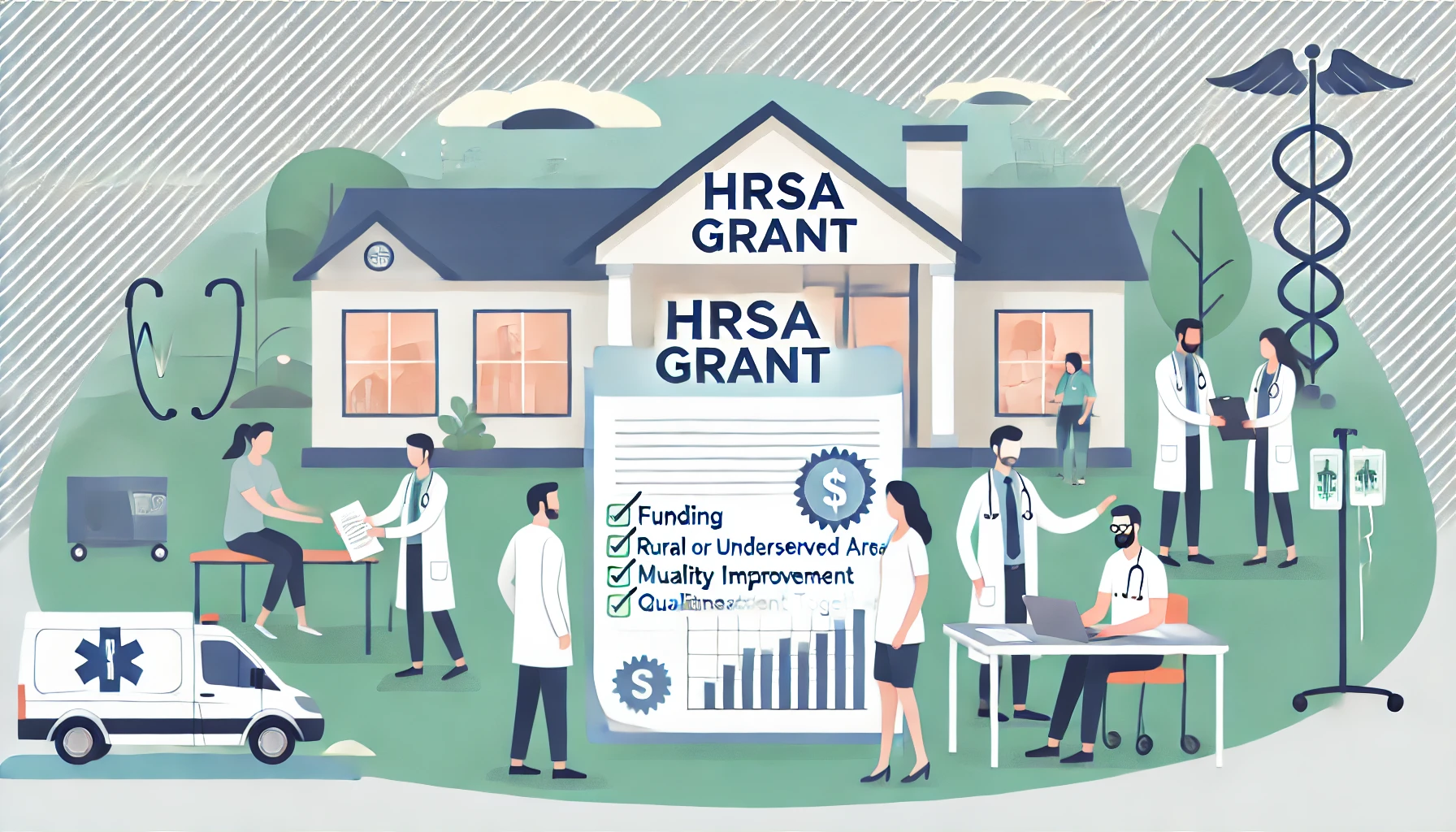
Table of Contents

What Does The Staffing Shortage Mean For Workers Comp?
Outdated tech, not enough new talent and the potential for an onslaught of new injured employee claims puts workers' compensation in a precarious position.
In 2021, 47 million workers quit their jobs. In the event that economists and the U.S. Chamber of Commerce now describe as a “Great Reshuffling,” workers search for jobs with better pay, culture, and flexibility. But what does the trend mean for the businesses that handle employee injury claims?

Workers' Comp Needs New Talent
Like most industries, workers’ compensation faces a staffing shortage. It lost a significant amount of its talent during the “Great Resignation,” as many claims adjusters reached retirement age. As a result, the remaining hiring managers at workers’ compensation firms and third-party administrators struggle to recruit enough adjusters and care managers. Paul Carroll, the editor-in-chief of Insurance Thought Leadership magazine, described the state of workers’ compensation as “not pretty.”
The industry is in desperate need of new talent, but the industry’s lack of technology creates another hurdle. Younger employees have higher expectations for a business’s technology, and workers’ compensation has lagged behind other areas with tech adoption. In addition, a lack of IT talent in the comp space makes implementing newer, more intuitive systems a high order for the industry’s veterans.
Short-Staffed Employers Could Mean More Claims
To compound the shortage, short-staffed businesses work their remaining employees longer to fill the missing shifts. Often desperate to get more help, companies hire new employees and forego training. Combined, this can lead to more injuries and more claims. According to Matt Zender of AmTrust, the staffing shortage will lead to more claims due to the following factors:

- Overtired, exhausted workers are more prone to accidents, including vehicle accidents
- A higher rate of errors made by under-trained employees
- Skipping safety protocols due to time constraints
- Rushing to fill positions and cutting corners to save time can lead to increased injuries – and mental and emotional distress among employees
- Unhappy, disgruntled customers and clients taking their business elsewhere
Injured employees may struggle to receive timely treatment and return to work, with a severe staffing shortage weakening most aspects of the healthcare sector.
Fortunately, workplaces are getting safer. The Bureau of Labor Statistics reports a 5.7 percent reduction in workplace injuries and illnesses since 2019. Safety measures and automation are primarily responsible for the decrease, even while COVID-19 inflates injury statistics.
Technology Can Breathe New Life into Workers' Compensation
It will take a concerted effort and collaboration to get workman’s compensation back on its feet. Technology vendors have proven to streamline other industries like healthcare, so partnering with 3rd party firms could modernize workers’ compensation systems, attract new talent, and get employees back to work faster.

Why Every Hospital Needs a Quality and Patient Safety Program
Every hospital needs a quality and patient safety program to reduce harm, improve care, and foster a culture of accountability.
.png)
.png)

HRSA FQHC Requirements: A Comprehensive Guide for Healthcare Providers
When it comes to federally qualified health center requirements, there’s no shortage of regulations, expectations, and—depending on your perspective—opportunities.
.png)
.png)

Unlocking Funding: A Guide to Health Resources and Services Administration (HRSA) Grants
Use HRSA grants to fund external peer review programs that enhance care quality, reduce bias, and support compliance in health centers.
.png)
.png)



.png)
.png)
.png)






.png)